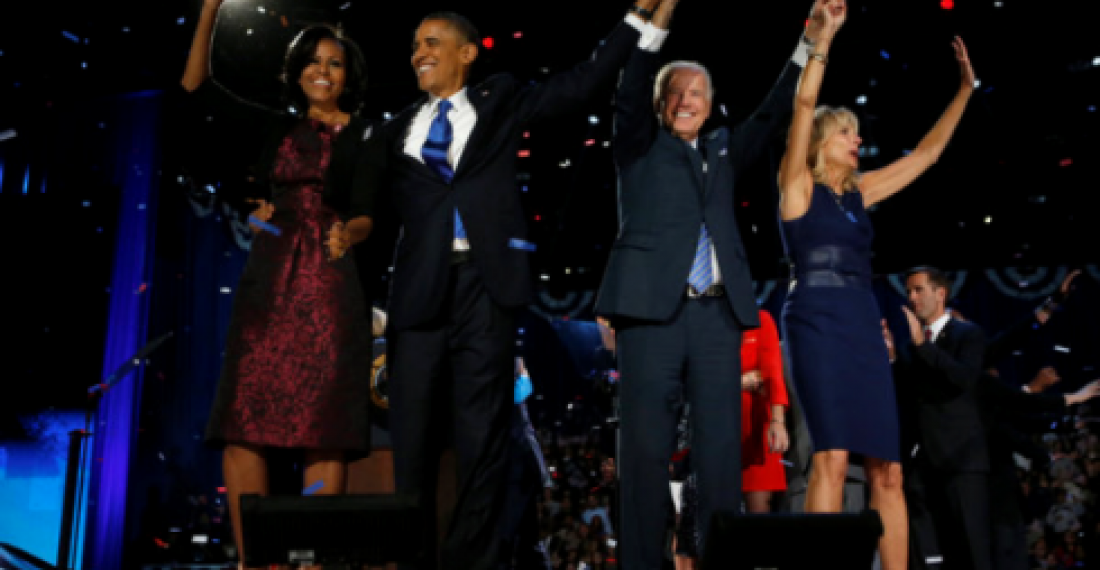Barak Obama has been re-elected as president of the United States. After a hottly contested election campaign Obama emerged a clear winner in the polls, winning a majority of both the popular vote as well as the electoral college which finally determines the US Presidency.
Commonspace.eu political editor commented on the president's re-election and its impact on the Caucasus Region:
"The re-election of Barak Obama as President of the United States is good news for the Caucasus Region.
By the end of his first term in office, and after an initial hesitation, quaintly referred to by American diplomats as a "strategic pause", Obama had managed to set the right tone for American engagement with the region. In summary this meant: (a) Continued US committment to the region and its prosperity and particularly for the independence of Armenia, Azerbaijan and Georgia and their right to determine their own foreign policy; (b) support for the peaceful resolution of the conflicts in the region, working with international partners in the framework of the OSCE Minsk Process, the Geneva Process and other fora; (c) support for the process of political and economic reform in the region, including through freedom of speech, the right of assembly and free and fair elections; (d) co-operation with international partners, including the EU, Turkey and Russia to support the region's future.
These priorities will continue to feature in Obama's second term.
President Obama in the first term did not allow himself to be deterred by lobbying by groups with vested interest when pursuing his policy in the region. This may have dissapointed some, but overall this was for the best interest of the region. Obama was also exemplary in supporting human rights issues in the region, and played a positive role in ensuring the recent transition of power in Georgia.
In the coming four years we hope that the President will provide leadership on issues related to the peaceful resolution of conflicts in the South Caucasus. On both the Nagorno-Karabakh conflict and the conflicts in Georgia new initiatives are needed and the President should be ready to provide bold leadership."
source: commonspace.eu
photo: President Obama and Vice President Biden with their wives at a victory rally in Chicago on 7 November 2012.







